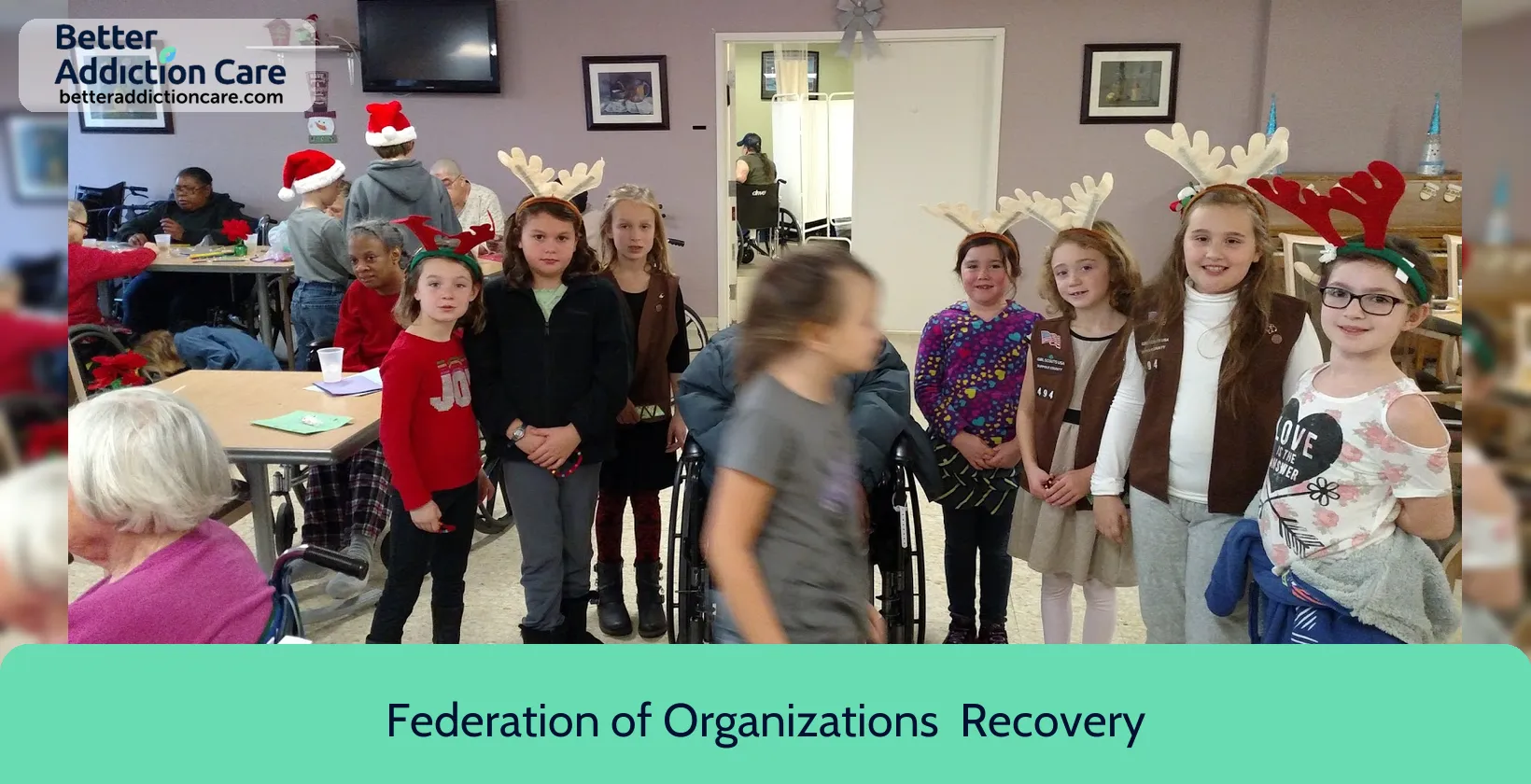Seafield Services - Outpatient

Overview
Seafield Services - Outpatient is a substance abuse treatment center for people seeking treatment near Suffolk County. As part of their treatment modalities for recovery, Seafield Services - Outpatient provides holistic treatment. during treatment. Seafield Services - Outpatient is located in Patchogue, New York, accepting sliding fee scale (fee is based on income and other factors) for treatment.
Seafield Services - Outpatient at a Glance
Payment Options
- Sliding fee scale (fee is based on income and other factors)
- Cash or self-payment
Assessments
- Comprehensive mental health assessment
- Comprehensive substance use assessment
Age Groups
- Children/adolescents
Ancillary Services
- Specially designed program for DUI/DWI clients
Highlights About Seafield Services - Outpatient
7.04/10
With an overall rating of 7.04/10, this facility has following balanced range of services. Alcohol Rehabilitation: 8.00/10, Drug Rehab and Detox: 8.15/10, Insurance and Payments: 6.00/10, Treatment Options: 6.00/10.-
Drug Rehab and Detox 8.15
-
Alcohol Rehabilitation 8.00
-
Insurance and Payments 6.00
-
Treatment Options 6.00
Accreditations
The Joint Commission:

The Joint Commission accreditation signifies that a facility has met rigorous standards of excellence in patient care, treatment, and safety. It assures individuals and healthcare professionals that the accredited facility provides high-quality, evidence-based care for addiction and mental health issues, fostering trust and confidence in their services.
Treatment At Seafield Services - Outpatient
Treatment Conditions
- Alcoholism
- Mental health treatment
- Substance use treatment
- Co-occurring Disorders
Care Levels
- Outpatient
- Outpatient methadone/buprenorphine or naltrexone treatment
- Intensive outpatient treatment
- Regular outpatient treatment
- Halfway house
Treatment Modalities
- Holistic Treatment
Get Help Now
Common Questions About Seafield Services - Outpatient
Contact Information
Other Facilities in Patchogue

6.77

6.74
DISCLAIMER: The facility name, logo and brand are the property and registered trademarks of Federation of Organizations - Recovery Concepts, and are being used for identification and informational purposes only. Use of these names, logos and brands shall not imply endorsement. BetterAddictionCare.com is not affiliated with or sponsored by Federation of Organizations - Recovery Concepts.
